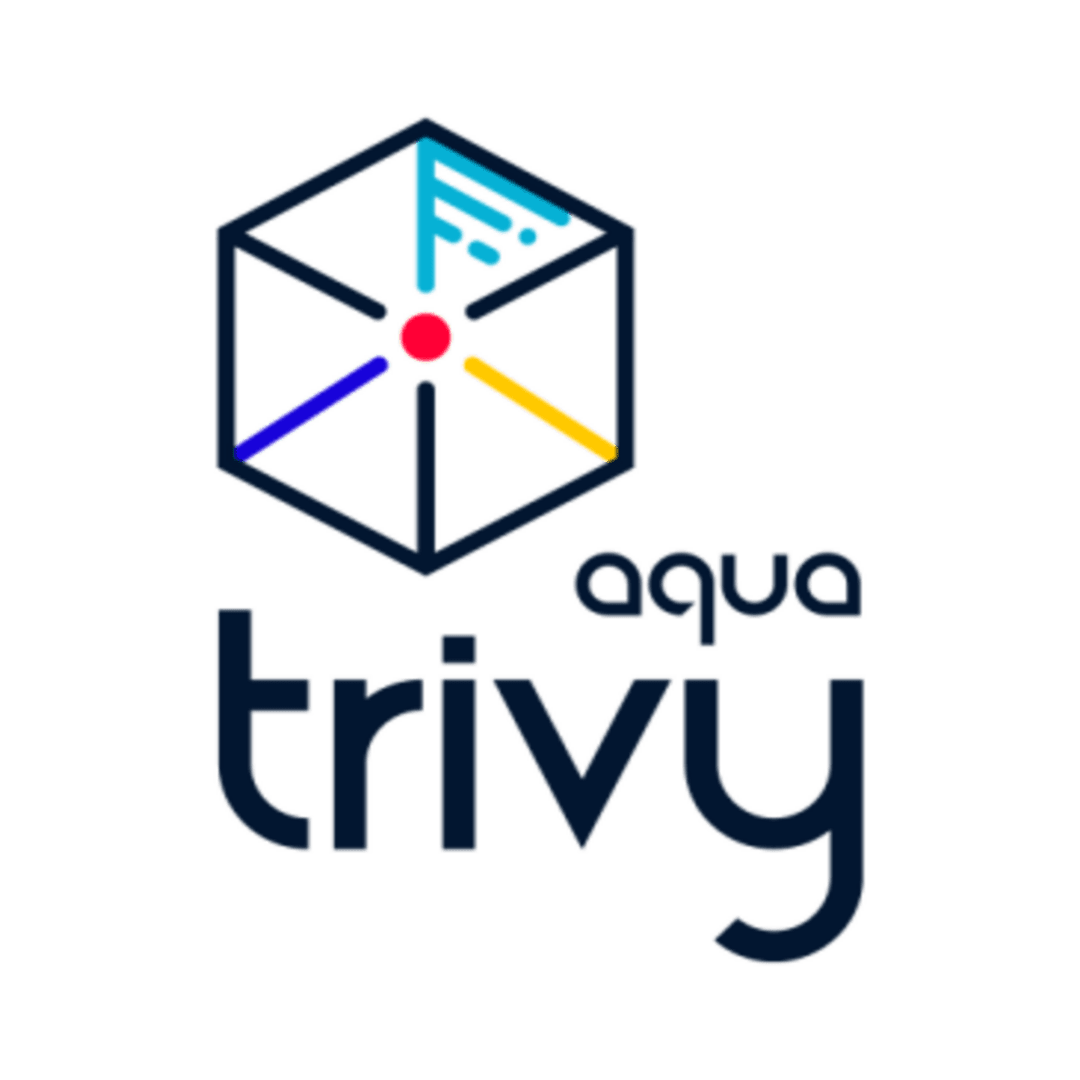Trivy
Find vulnerabilities, misconfigurations, secrets, SBOM in containers, Kubernetes, code repositories, clouds and more

Trivy is a versatile, open-source security scanner designed for vulnerability detection in containers, Kubernetes, code repositories, and other artifacts. Developed by Aqua Security, Trivy integrates seamlessly into DevOps workflows to ensure security and compliance throughout the software development lifecycle (SDLC). It is lightweight, fast, and widely adopted for container and cloud-native security.
Key Features
1. Comprehensive Vulnerability Scanning
- Scans container images, file systems, repositories, and Kubernetes manifests for vulnerabilities.
- Detects vulnerabilities in operating system packages, libraries, and dependencies.
2. Infrastructure as Code (IaC) Scanning
- Identifies misconfigurations in Terraform, Kubernetes manifests, and Dockerfiles.
- Helps ensure compliance with best practices and security standards.
3. Lightweight and Fast
- Minimal setup and rapid scanning with built-in vulnerability databases.
- Regular database updates powered by vulnerability sources like NVD, GitHub Security Advisories, and vendor security bulletins.
4. Seamless Integration
- Integrates with CI/CD pipelines, container registries, and Kubernetes clusters.
- Works with DevOps tools like GitHub Actions, GitLab CI/CD, and Jenkins.
5. Policy-Driven Security
- Supports custom security policies for tailoring scans to organizational needs.
- Detects compliance violations for frameworks such as CIS Benchmarks.
6. Multi-Platform Support
- Compatible with major platforms, including Linux, Windows, and macOS.
- Works with container registries like Docker Hub, Amazon ECR, Google GCR, and more.
Use Cases
- Container Security: Scan Docker images for vulnerabilities in the base image and application dependencies.
- Infrastructure as Code (IaC) Security: Identify security misconfigurations in IaC files like Terraform or Kubernetes manifests.
- Continuous Integration/Continuous Deployment (CI/CD): Automate security checks during build and deployment pipelines.
- Kubernetes Security: Analyze running workloads in Kubernetes clusters for misconfigurations and vulnerabilities.
- Dependency Scanning: Ensure third-party libraries and dependencies are free from known vulnerabilities.
How It Works
- Install Trivy:
- Install Trivy using a package manager, binary, or container image.
- Run a Scan:
- Specify the target, such as a container image, file system, or repository.
- Analyze Results:
- Review detailed reports that include detected vulnerabilities, risk levels, and remediation recommendations.
- Integrate into DevOps:
- Add Trivy to CI/CD pipelines or deploy it to scan running workloads.
Common Command Examples
- Scan a Docker image:
trivy image nginx:latest
- Scan a file system:
trivy fs /path/to/directory
- Scan a GitHub repository:
trivy repo https://github.com/user/repository
- Scan a Kubernetes cluster:
trivy k8s cluster
- Enable detailed output:
trivy image --severity HIGH,CRITICAL nginx:latest
Advantages
- Free and open-source with frequent vulnerability database updates.
- Supports multiple targets, including container images, IaC files, and Kubernetes clusters.
- Lightweight and easy to integrate into existing workflows.
- Provides actionable remediation advice for detected vulnerabilities.
Limitations
- Focused on known vulnerabilities; cannot detect zero-day issues.
- May produce false positives, requiring manual verification.
- Advanced policy management and features may require integration with Aqua Security’s commercial tools.
Trivy is a powerful and efficient tool for security scanning in modern DevOps and cloud-native environments. Its simplicity, speed, and broad applicability make it an essential tool for securing applications and infrastructure.
> Visit Trivy Website <
